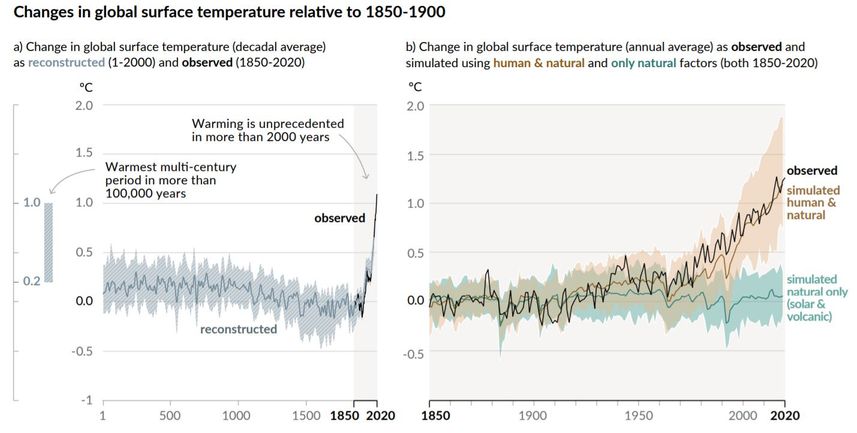Climate change is one of the most pressing global issues of our time. It poses a significant threat to our planet’s natural systems and human lives, affecting everything from biodiversity loss to health and food security. Here are ten of the most shocking statistics about climate change.
10 Shocking Statistics About Climate Change
1. The hottest year on record was 2020.
According to NASA, the average global temperature in 2020 was 1.84 degrees Fahrenheit (1.02 degrees Celsius) above the baseline average from 1951-1980. This marks the hottest year on record.
2. Arctic sea ice is rapidly disappearing.
Arctic sea ice has been shrinking at a rate of 12.85% per decade, with the most significant ice loss occurring in the last 40 years.
3. Ocean acidity is increasing at an alarming rate.
The acidity of the ocean has increased by 30% since the Industrial Revolution, threatening marine ecosystems and the livelihoods of millions of people.
4. Extreme weather events are becoming more frequent and severe.
In the last decade, there have been 49 natural disasters that caused at least a billion dollars in damage each, compared to just 18 in the 1980s.
5. Climate change is causing food shortages and hunger.
Over 820 million people worldwide are currently undernourished, and climate change is exacerbating food insecurity by reducing crop yields and driving up food prices.
6. Rising sea levels are threatening coastal communities.
Sea levels have risen by 8 inches (21 cm) since 1880, and the rate of rise is accelerating.
7. Climate change is exacerbating global inequality.
Low-income countries are most vulnerable to climate change and least equipped to adapt to its impacts, further widening the gap between rich and poor nations.
8. The economic costs of climate change are staggering.
The World Health Organization estimates that by 2030, climate change will cost the world $2-$4 trillion annually in damage to infrastructure, healthcare costs, and lost productivity.
9. The world’s oceans are losing oxygen at an alarming rate.
The amount of oxygen in the ocean has decreased by 2% since 1960, endangering marine life and disrupting ocean ecosystems.
10. The cost of inaction on climate change is greater than the cost of action.
A report from the Global Commission on the Economy and Climate found that delaying action on climate change could cost the world $28 trillion by 2050, while taking action now would yield economic benefits of $26 trillion.
